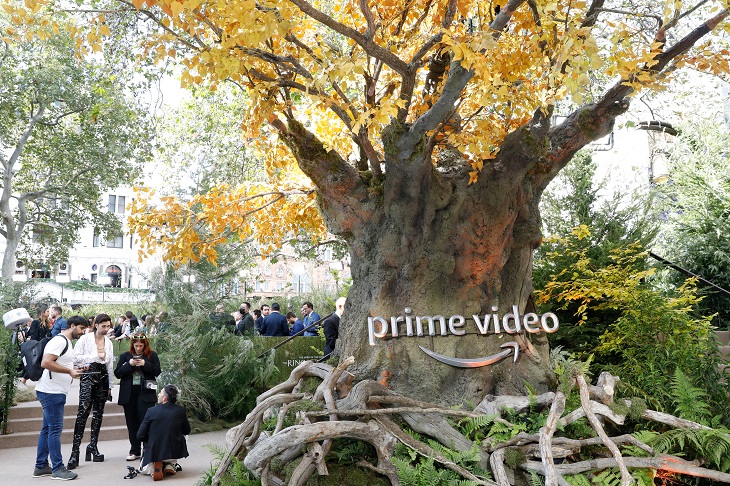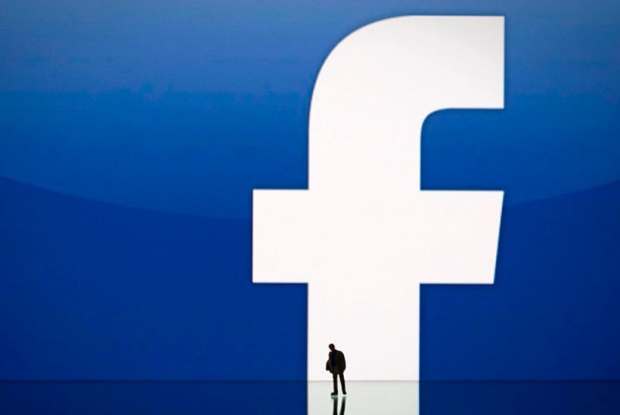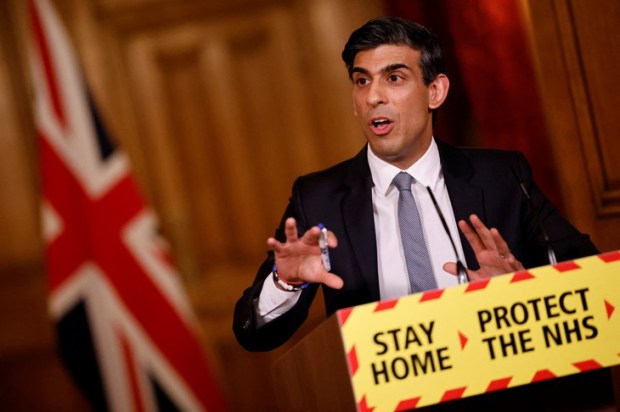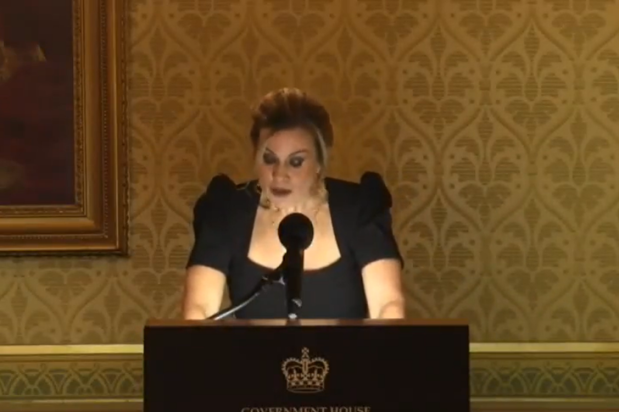Well, I can cancel my Amazon Prime subscription again. The last episode of The Rings of Power came out recently. Now that all the results are in, I can happily say that both the show and its reviewers have been … very much as expected.
An online feud has been raging for several years between the entertainment industry ‘Hollywood’ and a reasonably large portion of its customers.
Already a subscriber? Log in
Subscribe for just $2 a week
Try a month of The Spectator Australia absolutely free and without commitment. Not only that but – if you choose to continue – you’ll pay just $2 a week for your first year.
- Unlimited access to spectator.com.au and app
- The weekly edition on the Spectator Australia app
- Spectator podcasts and newsletters
- Full access to spectator.co.uk
Or


























Comments
Don't miss out
Join the conversation with other Spectator Australia readers. Subscribe to leave a comment.
SUBSCRIBEAlready a subscriber? Log in